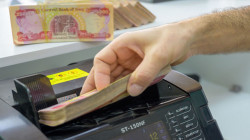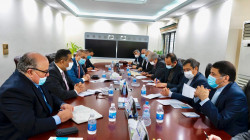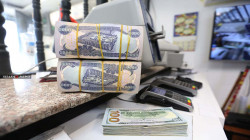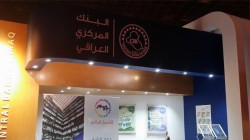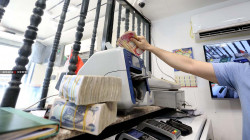Challenges facing C.B.I.'s "reform initiatives" to curb dollar smuggling
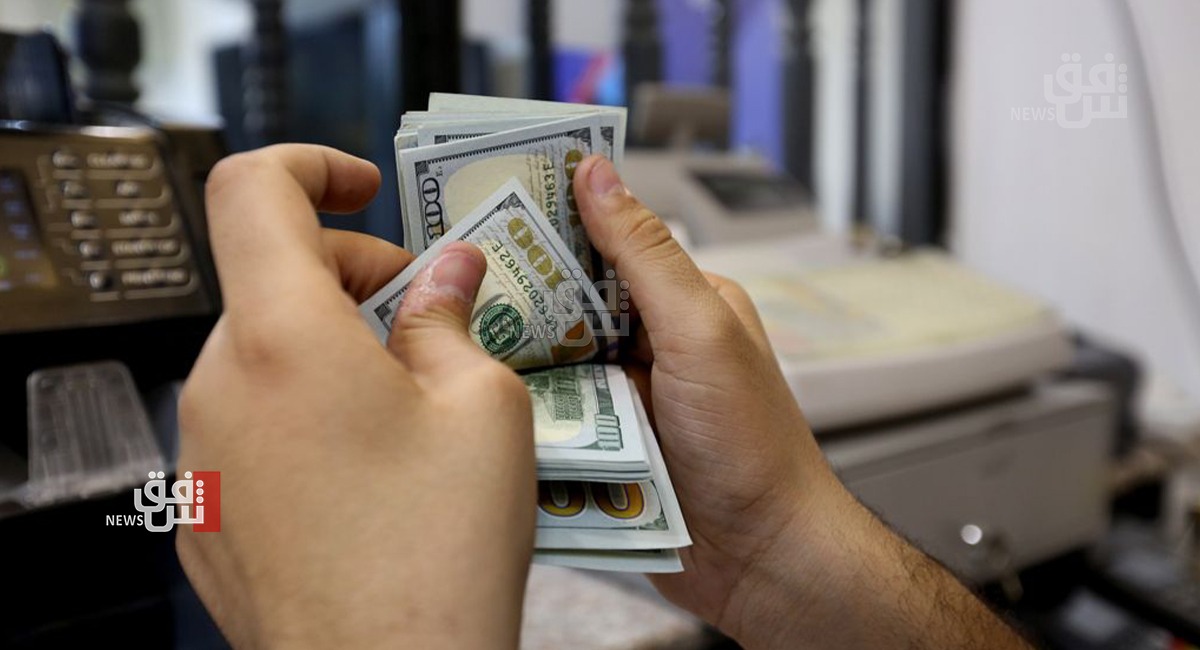
According to Mudhhir Mohammed Saleh, the PM's advisor for financial affairs, the term "smuggling" refers to "operations against the law and public order, which are among the criminal offenses that are tightly restricted by the law and among the economic crimes."
"The country's economic independence in dealing with external transfers typically is enough to reduce the resort to economic crimes represented by the illegal drain of cash."
He also pointed out that "the coming days in Iraq will witness greater freedom of external transfer or foreign currency transfer with flexible, transparent, and tight means, and through the Iraqi banking system."
"The C.B.I.'s first facilitative procedural initiative is an indication of enabling the legal transfer of funds out of the country, which will cut off crimes against national economic security."
Furthermore, in order to address the demand for the dollar on both the cash and international remittances sides, the C.B.I. issued the second package of facilities on Friday.
It is worth mentioning that on Monday, January 19, the C.B.I. announced the first set of actions to bring the foreign exchange market back to normal after the dollar rise, which has skyrocketed unprecedentedly due to the measures imposed by the U.S. to curb currency smuggling from Iraq.
Bassem Khushan, a member of the parliamentary integrity committee, stated that the currency auction, which served as a platform for money laundering and currency smuggling, is where currency smuggling first started, "It seems that restrictions have become tighter on smuggling, which led to the results that surfaced currently."
Khushan explained to Shafaq News Agency, that "the C.B.I.'s control over the government and private banks was non-existent. They were completely unrestricted due to their lack of supervisory procedures."
Additionally, according to economist Ahmed Eid, the smuggling of dollars abroad has escalated in recent months after the U.S. Federal Reserve imposed sanctions on banks that were facilitating money laundering operations.
"The smuggled amounts increased by withdrawing hard currency through Iranian-affiliated agents from secondary outlets and exchange points."
He added, "The phases of smuggling are not restricted to Iran alone, but there are influential people who have interests in other countries where money laundering operations are carried out, through the purchase of real estate or the opening of businesses."
"Hard currency smuggling is expanding in various ways, including through importing items with invoices containing counterfeit goods or falsified invoices with excessively inflated prices."
For his part, security analyst Alaa al-Nashou said, "Without U.S. restrictions, the Iraqi government cannot prevent currency smuggling, for lots of reasons, including being subject to the state coalition, especially those loyal to Iran, who have been proven to be the ones who smuggle dollars to the latter."
He explained, "Al-Sudani does not possess the last say in this matter. He is subjected to Iranian pressure and U.S. determinations that work to ensure its interests by activating the Federal Reserve's decisions to reduce the volume of sales to the C.B.I. in currency auctions."
Meanwhile, the C.B.I. announced on Friday that the U.S. Treasury reaffirmed its readiness for the flexibility necessary to achieve "common goals", and agreed to continue coordination and cooperation during meetings to be held in Washington, D.C., before the middle of this month.
According to legal expert Haider al-Sufi, articles 36, 37, 39, 40, 41, 42, 43, 44, and 46 of the Anti-Money Laundering and Combating the Financing of Terrorism Law No. 39 of 2015 punish money laundering, smuggling, or affecting the local currency by imprisonment and fine varies according to the type of each crime and its article in Iraqi law, some of which amounts to life imprisonment.
